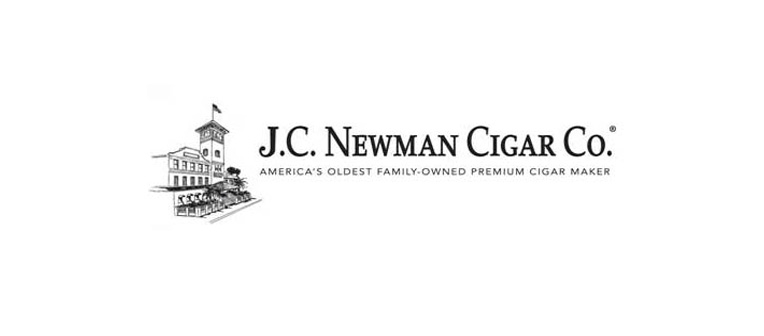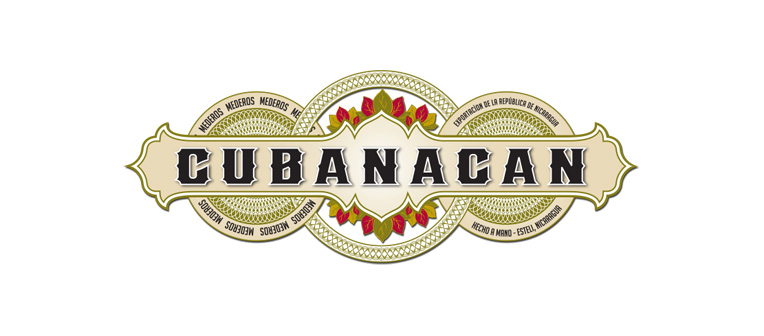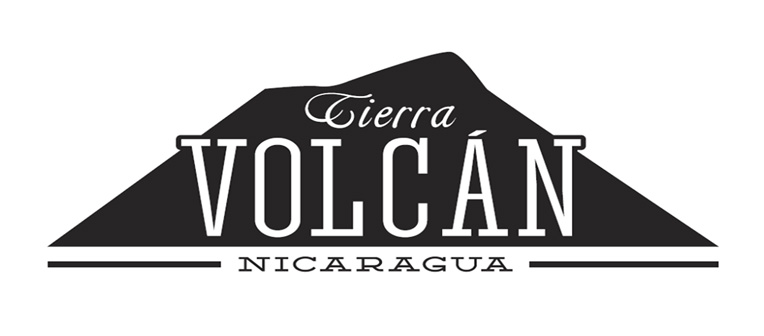This morning, the U.S. Small Business Administration held a public roundtable on the regulation of premium cigars at its headquarters in Washington, D.C. Fourth generation cigar maker Drew Newman testified alongside Premium Cigar Association President John Anderson. Drew described his family’s 124-year history of rolling premium cigars. Using The American as an example, he explained how premium cigars are handcrafted and why they are different from cigarettes and all other tobacco products. Drew discussed how FDA’s decision to regulate premium cigars like mass-market tobacco products will seriously harm America’s historic premium cigar industry and the thousands of small business in it, and he offered some possible solutions.
Below is his full testimony.
Good morning.
In 1895, my great-grandfather, J.C. Newman, founded our family business. Four generations and 124 years later, we are the oldest, family-owned, premium cigar company in America. Today, in our historic cigar factory in Tampa, Florida, we proudly roll premium cigars the same way that my great-grandfather did more than a century ago.
America’s premium cigar industry is an old industry that is full of small businesses. They are located across the country in every Congressional District. We are deeply concerned that FDA is regulating our small industry out of business by treating our handcrafted, premium cigars like a scientific product and creating standards designed for cigarettes that are impossible for us to meet. This is why we are so grateful to the Small Business Administration for giving us the opportunity today to share our story and to discuss the regulation of premium cigars.
In the few minutes that I have this morning, I would like to do five things:
1. Briefly share my family’s story
2. Explain what a premium cigar is
3. Describe the severe challenges we have with FDA regulation
4. Highlight some recent research on premium cigars
5. Offer some possible solutions
1. Briefly share my family’s story.
My great-grandfather, J.C. Newman, lived the American Dream. He came to America in 1888 at the age of 13. He spoke no English and had little formal education. But he had a great desire to work hard and build a better life for himself and his family. He decided to become a cigar maker’s apprentice, learning the art and tradition of premium cigars from the bottom up. In 1895, there was a recession and he was laid off. Although my great-grandfather was out of work, he had a skill – he could roll a cigar with his own hands. Therefore, my great-grandfather borrowed $50 from his family, bought some tobacco, built a table in his family’s barn, and got an order for 500 cigars from the local grocery store.
My great-grandfather passed the family business down to my grandfather. My grandfather passed it down to my father and uncle. Today, my father and uncle are in the process of passing it down to my cousins and me.
America’s historic premium cigar industry is full of family stories and small businesses just like ours. The reason for this is that there are very low barriers to entry. You don’t need expensive machines or a large capital investment to become a cigar maker. All it takes is your hands, passion, and hard work. There are more than 50 premium cigar manufacturers and 3,000 premium cigar retailers in America, nearly all of which are small businesses.
In our historic Tampa cigar factory, we proudly roll premium cigars the same way that my great-grandfather did a century ago – both by hand and by hand-operated, antique machines from the 1930s. We have 136 hardworking and dedicated employees.
2. What is a premium cigar?
Premium cigars are all-natural, handcrafted products. They are used by adults for celebration – such as starting a new job – or relaxation, for instance, while playing golf or fishing. They are typically packed with beautiful cigar bands in boxes or bundles. We sell our premium cigars to specialty retailers across the country, like John. These are mom-and-pop, small family businesses with just a handful of employees. Many retailers also have a cigar lounge where adults can enjoy a cigar and perhaps a sports game on TV or have a drink.
We often say that 300 pairs of hands are involved in crafting a fine cigar. From planting the seeds in the soil to applying cigar bands on each cigar, one by one, nearly everything is done by hand. It’s a slow and time-consuming process that generally takes at least three years from when a seed is planted until a premium cigar reaches John’s stores.
Our hand cigar rollers in Tampa make 100 cigars each per day. It’s a slow and laborious craft, one that has not changed in more than a century.
Premium cigars are just like fine wines. Just as the soil, sunlight, wind, and rain cause a grape grown in California to taste different than the same grape grown in Oregon, the same is true of premium cigar tobacco. As with wines, certain vintages or years are better than others. And aging both wines and cigars enhances their taste. Many winemakers blend different grapes to create unique tasting wines; we do the same with premium cigar tobacco. We harness natural variation to make interesting blends for low-volume, limited edition cigars. None of this is standardized, written down, or formulaic. It is not a science. It is an art, and the tradition has been passed down from generation to generation.
Premium cigars are just 3% of the cigar industry and just one half of one percent of the tobacco industry as a whole. We are a tiny sliver of the tobacco world.
3. The severe challenges of FDA regulation.
In 2009, Congress gave FDA authority to regulate cigarettes and smokeless tobacco in order to protect public health, particularly youth usage and addiction. In 2016, FDA adopted the “Deeming Rule” that expanded its authority to cover all tobacco products. In doing so, FDA created a “one size fits all” policy for tobacco and applied the same massive and costly regulatory scheme developed for cigarettes to handcrafted, premium cigars. This approach simply does not work for premium cigar for several reasons:
To create a new cigar, FDA requires it to be “substantially equivalent” to one sold 12 years ago in 2007. This process is so exhaustive that it is expected to cost $250,000 for a single new cigar. Moreover, the concept of “substantial equivalency” does not work because no two premium cigars are alike, and they change over time. Just as a wine made today tastes different than one that has been aged for 12 years, a cigar rolled today tastes different than one rolled in 2007 so trying to do a scientific comparison of them does not make sense.
FDA is requiring that we redesign our packaging to apply massive new warning labels when we already either apply a warning label required by California or the Federal Trade Commission.
FDA is requiring us to test every type of cigar. Not only are there are no standards for testing premium cigars, but costs (as much as $20,000 per size) are enormous. Cigarette companies can spread these costs over the billions of cigarettes they produce per year, but premium cigars are often made in small batches like craft beer while billions of cigarettes are rolled each year, making testing cost prohibitive.
According to current estimates, it will cost approximately $30 million for our historic Tampa cigar factory to comply with FDA regulation. This is why FDA estimated that regulation would force as much as 50% of the cigar industry out of business.
Thankfully the most costly parts of FDA regulation are not scheduled to take effect until next year, but these looming deadlines are rapidly approaching.
Unlike “Big Tobacco,” the premium cigar industry is made up almost entirely of small, family businesses like ours. Our boutique premium cigar industry simply cannot absorb these massive regulatory costs.
4. Highlight some recent research on premium cigars.
In 2009, Congress gave FDA authority to regulate tobacco products to address (a) youth usage and (b) addictiveness. However, FDA’s own research has shown that (a) children do not smoke premium cigars and (b) the typical consumer smokes 1.7 premium cigars per month, a frequency that is not consistent with addiction. This is peer-reviewed research written and/or funded by FDA and published in scientific journals. It demonstrates that there is no scientific basis to regulate premium cigars. What’s clear from the data is the premium cigars are distinct and regulating them like cigarettes and mass-market tobacco products does not make sense.
5. Offer some possible solutions.
We are extremely grateful to Senator Rubio and Congresswoman Castor for championing bipartisan legislation to exclude premium cigars from FDA’s regulation of mass-market tobacco products. The entire premium cigar industry, including the Cigar Association of America, Cigar Rights of America, and the International Premium Cigar and Pipe Retailers Association, supports this legislation.
We are hoping that the Administration will move forward with a regulatory process begun last year to reconsider the regulation of premium cigars. We are also challenging FDA regulation in the courts because we do not believe that there is scientific and legal basis for regulating premium cigars like cigarettes.
If the most significant parts of FDA regulation take effect next year, FDA will spend a tremendous amount of its limited resources on premium cigars. Given the agency has identified other far more serious and pressing health concerns, subjecting premium cigars to the same regulatory regime as cigarettes does not make sense and may divert scare resources away from public health issues that are much more pressing.
Cigars have always been regulated by the government. When my great-grandfather founded our company in 1895, he had to obtain a license to make cigars from the federal government. Before FDA applied its cigarette regulations to premium cigars, we were still regulated by the ATF and Tobacco Tax and Trade Bureau of the Department of the Treasury, U.S. Customs, and various states, among others. And if premium cigars are excluded from FDA’s regulation of mass-market tobacco products, we will still be subject to those other regulatory requirements.
6. Conclusion.
We respect FDA’s mission and the important work that it does to protect public health. However, there is no legal or scientific basis for FDA to regulate handcrafted, premium cigars, and FDA did not conduct the required cost-benefit analysis.
We do not want a handout, a tax break, or special treatment. We simply want the government to allow us and other small business to do what we have always been doing and continue America’s historic premium cigar tradition.
Next year will be our company’s 125th anniversary. Our one goal as a company is to continue my great-grandfather’s legacy and hand roll premium cigars in America for another four generations and 125 years.
Thank you very much.




